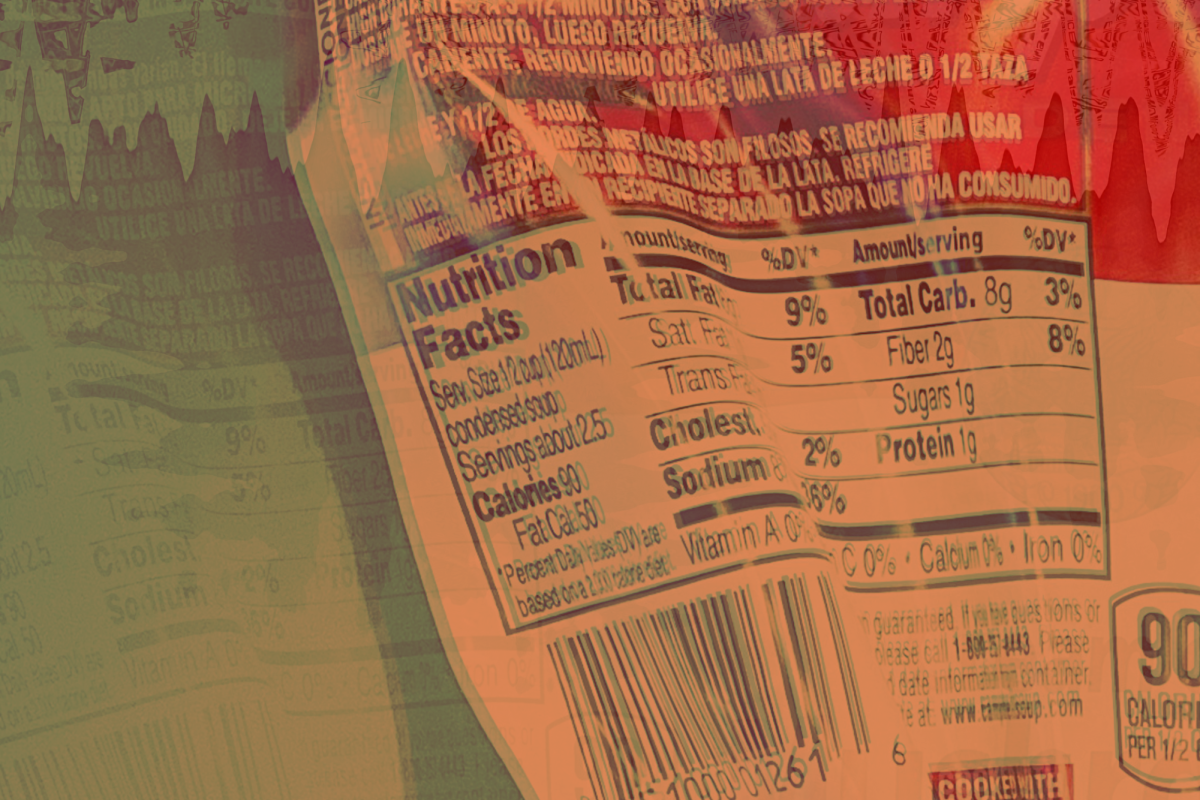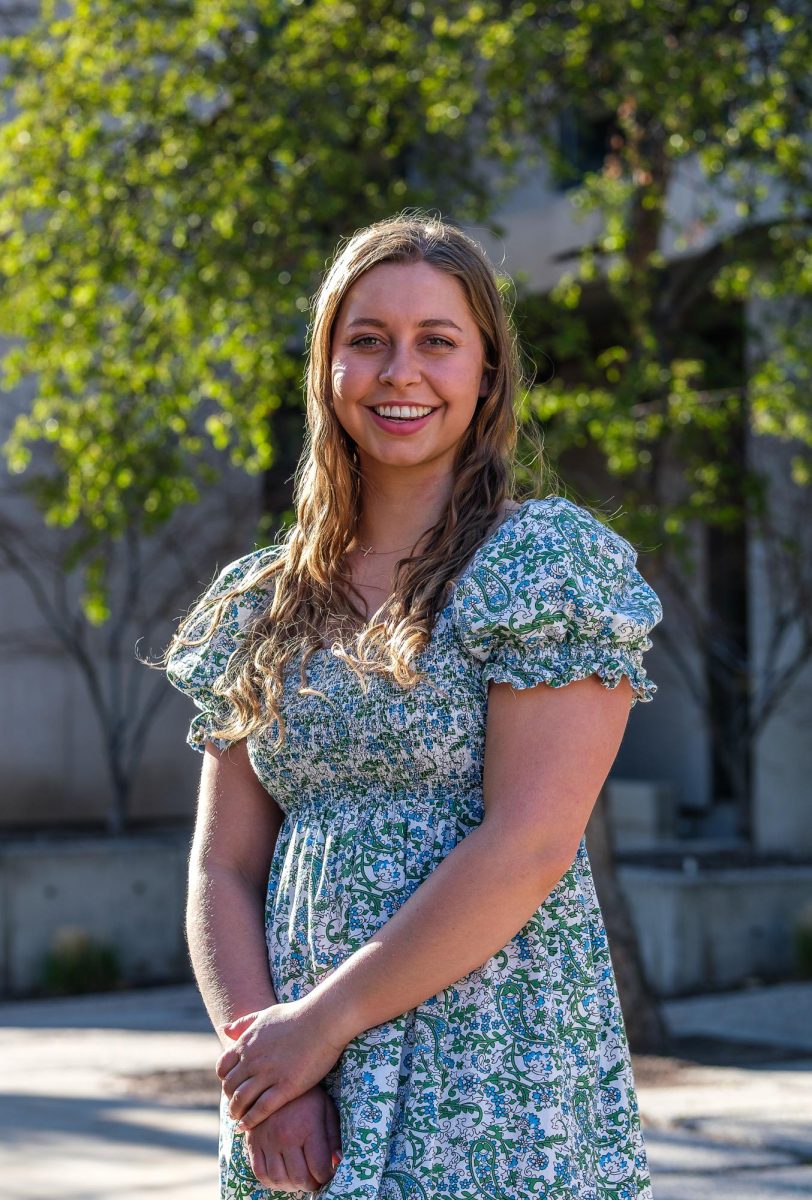Instead of physicians needing more than 250 separate vaccines to prevent various diseases caused by different forms of salmonella bacteria, U researchers have shown that a single vaccine could give patients immunity against multiple types of disease-causing bacteria.
People exposed to different types of salmonella through contaminated vegetables, improperly cooked food, poor sanitation or other means are at risk of getting diseases caused by types of the bacteria, including severe diarrhea, typhoid fever or other diseases.
Microbiologists at the University of California, Santa Barbara and U researchers specializing in the immune system began collaborating on a project more than 10 years ago to study a newly designed vaccine as a means to protect susceptible individuals against diseases caused by different types of salmonella.
U researchers administered the vaccine, which is a mutated form of live salmonella lacking a certain enzyme, to mice of younger and older age groups. Unlike previous vaccines that helped mice survive infection from one type of salmonella, the new vaccine allowed the majority of immunized mice to successfully fight the disease.
“We were able to demonstrate that animals immunized with this new vaccine were resistant to more than 20 different strains of salmonella,” said Ray Daynes, a professor and researcher of cell biology and immunology at the U.
Daynes said that mice not given the vaccine before the injections of the various types of salmonella all became very sick from their infection or died.
Researchers from UCSB developed the vaccine in California, but came to the U for help in understanding how the vaccine affects the mammalian immune system.
Historically, a vaccine is able to prevent the diseases caused by only a limited number of salmonella types. Daynes said the older forms of the vaccine suppress the immune system, which means that if a vaccine recipient was infected with another infection, his or her immune cells will have trouble defending the body.
“The critical question (is) why the immune system behaves this way in response to the older vaccine strains of salmonella,” Daynes said. “Most importantly, this new vaccine does not compromise the host’s immune system and generates a very strong immune response.”
Daynes and Elena Enioutina, a research assistant professor of pathology, have published multiple studies with UCSB researchers since 2001 documenting their studies with the new vaccine.
Enioutina said they want to expand their studies to test why the new vaccine does not induce suppression in the immune system as found in other vaccines.
The researchers, with lab assistance from U researcher Diana Bareyan, have only tested mice to date. However, the new vaccine has recently been experimented by UCSB researchers and their collaborators in chickens and other animals with successful results.
“There may be a problem with introducing this type of vaccine to humans,” Enioutina said. “It might be a perfect vaccine in mice and other animals but not so perfect in humans.”
“Hopefully, studies to evaluate vaccination efficiency in humans can be conducted at some future date,” she said.
The research was funded by the National Institutes of Health, the United States Department of Agriculture and the Mathers Research Foundation. The study on salmonella in mice will be published in the November 2007 issue of Infection and Immunology.










